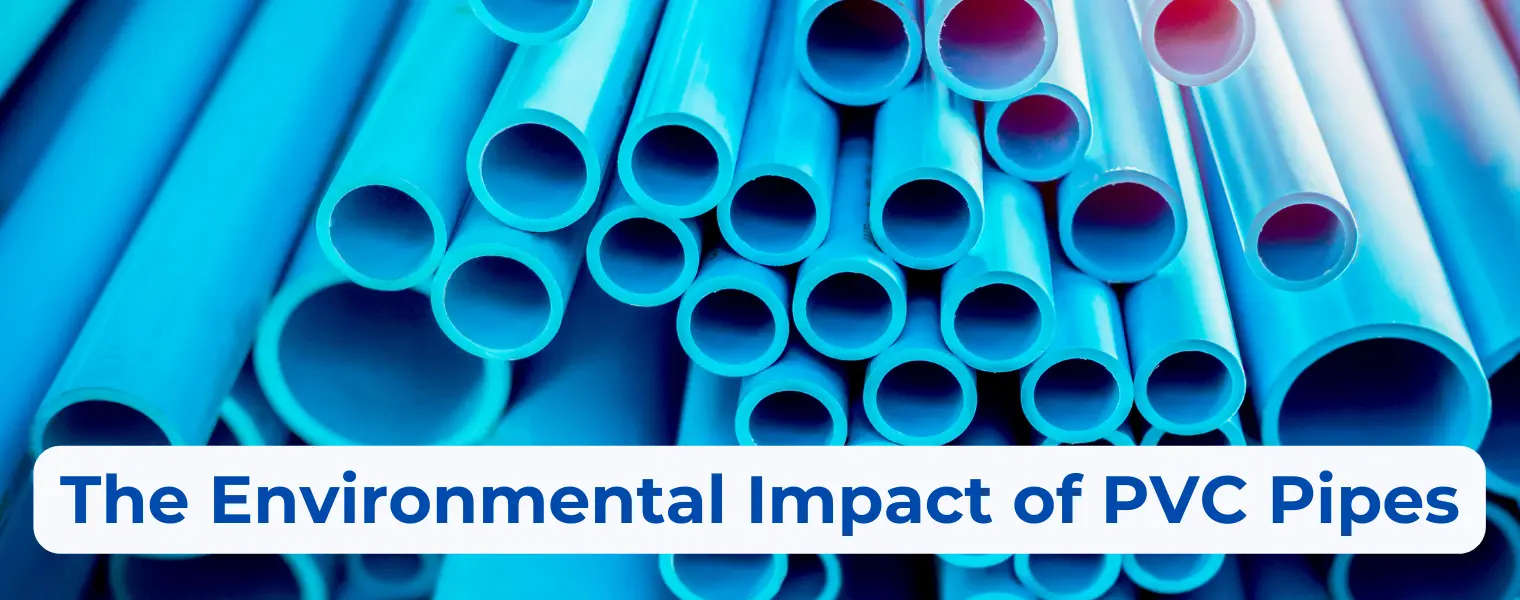
PVC pipes are a commonly used material in the construction industry, especially for plumbing and drainage systems. While PVC pipes offer several benefits such as durability, strength, and cost-effectiveness, their production and disposal can have a significant impact on the environment. In this blog, we will explore the environmental impact of PVC pipes and what you need to know about it.
The production of PVC pipes involves the use of several toxic chemicals such as vinyl chloride, ethylene dichloride, and dioxins. These chemicals can cause health hazards for workers in the PVC industry and can also have environmental impacts. For example, the production of PVC pipes can lead to the emission of greenhouse gases such as carbon dioxide, which contributes to climate change.
PVC pipes are technically recyclable, but the process is not always straightforward. Recycling PVC requires specialized equipment and processes, which are not available in all recycling facilities. Furthermore, the recycling process can release toxic chemicals such as hydrogen chloride and vinyl chloride, which can cause environmental and health risks. As a result, PVC pipes are often not recycled and end up in landfills, where they can take hundreds of years to decompose.
PVC pipes can pose environmental hazards if not disposed of properly. When PVC pipes are incinerated, they release toxic chemicals such as dioxins and furans, which can cause health hazards for humans and wildlife. These chemicals can also contaminate soil and water sources, leading to long-term environmental damage.
There are alternatives to PVC pipes that are more environmentally friendly. For example, some manufacturers are producing PVC pipes with a lower environmental impact by using recycled materials or using less toxic additives in their production. Additionally, other materials such as copper, steel, or PEX (cross-linked polyethylene) are often used as substitutes for PVC pipes in plumbing and construction.